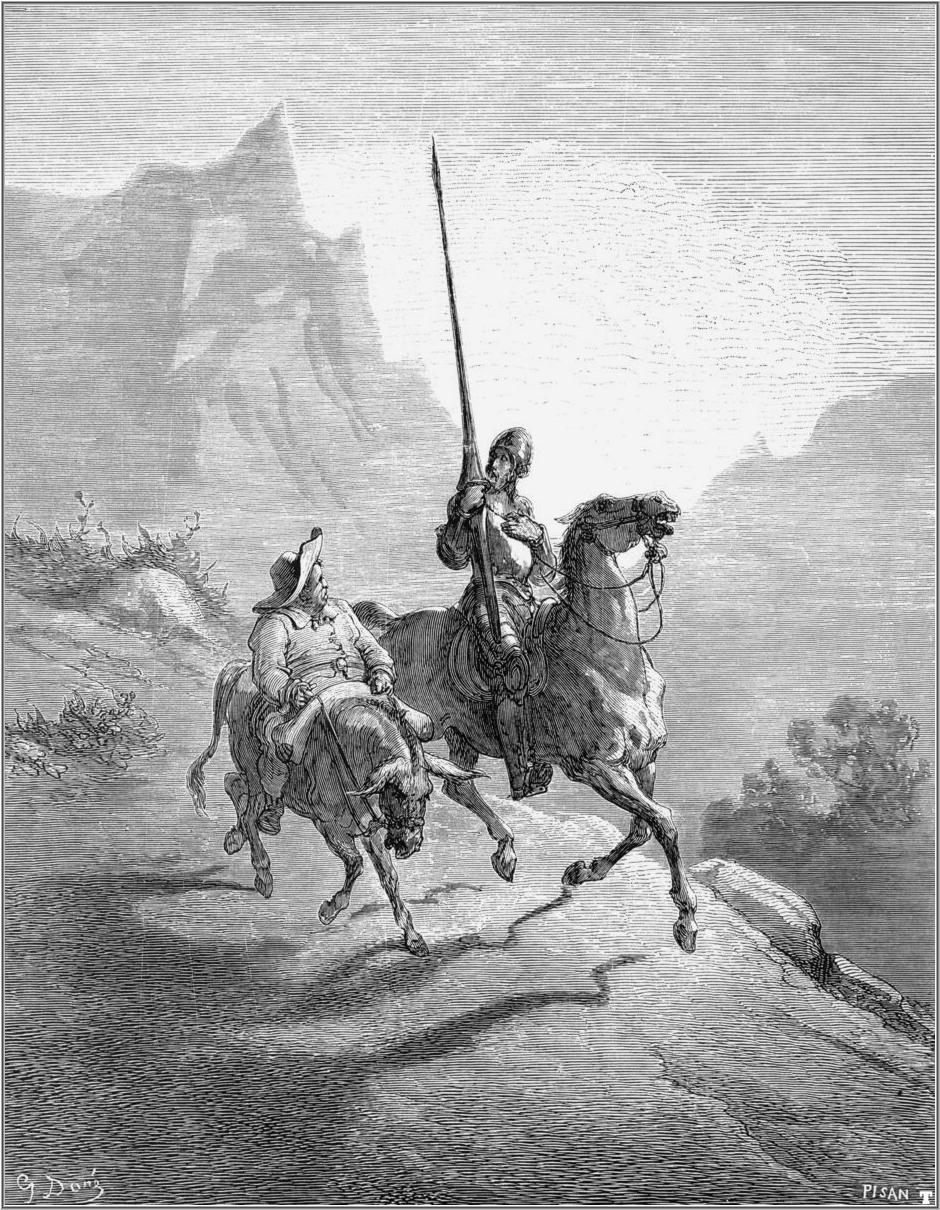There are lots of strange numbers coming from Venezuela's "official" election results. For instance, in the following voting centres Maduro got more than 100 votes and Capriles didn't get a single one:
You see voting centre, municipio, state and number of votes for Maduro, according to the government-controlled National Electoral Council. The only centre in central Venezuela where this happened was in Carabobo, but it is very far away from any urban area.
'ESCUELA BASICA BARRANCO YOPAL', 'MP. ROMULO GALLEGOS', 'Apure', '154'
'ESCUELA PRIMARIA CHIMBORAZO', 'MP. ROMULO GALLEGOS', 'Apure', '201'
'UNIDAD EDUCATIVA BOLIVARIANA CHAVIRIPA', 'MP. CEDE#O', 'Bolívar', '107'
'ESCUELA INTEGRAL BOLIVARIANA RIMO AJE', 'MP. CEDE#O', 'Bolívar', '104'
'UNIDAD EDUCATIVA BOLIVARIANA SANTA MARIA DE EREBATO', 'MP. SUCRE', 'Bolívar', '140'
'ESCUELA CONCENTRADA SIN NUMERO ARAGUABISI', 'MP. ANTONIO DIAZ', 'Delta Amacuro', '263'
'ESCUELA ESTADAL CONCENTRADA NUMERO 383 SAN JORGE', 'MP. ESTELLER', 'Portuguesa', '166'
'ESCUELA ESTADAL CONCENTRADA NÚMERO 43 SIN NÚMERO LA PEÑA', 'MP. BOCONO', 'Trujillo', '110'
'ESCUELA NUDE SANTA LUCIA', 'MP. BRUZUAL', 'Yaracuy', '121'
'ESCUELA BASICA BOLIVARIANA SHIRAPTA', 'MP. MACHIQUES DE P', 'Zulia', '330'
'ESCUELA BASICA ESTADAL SANTA MARIA', 'CE. VALENCIA', 'Carabobo', '124'




















